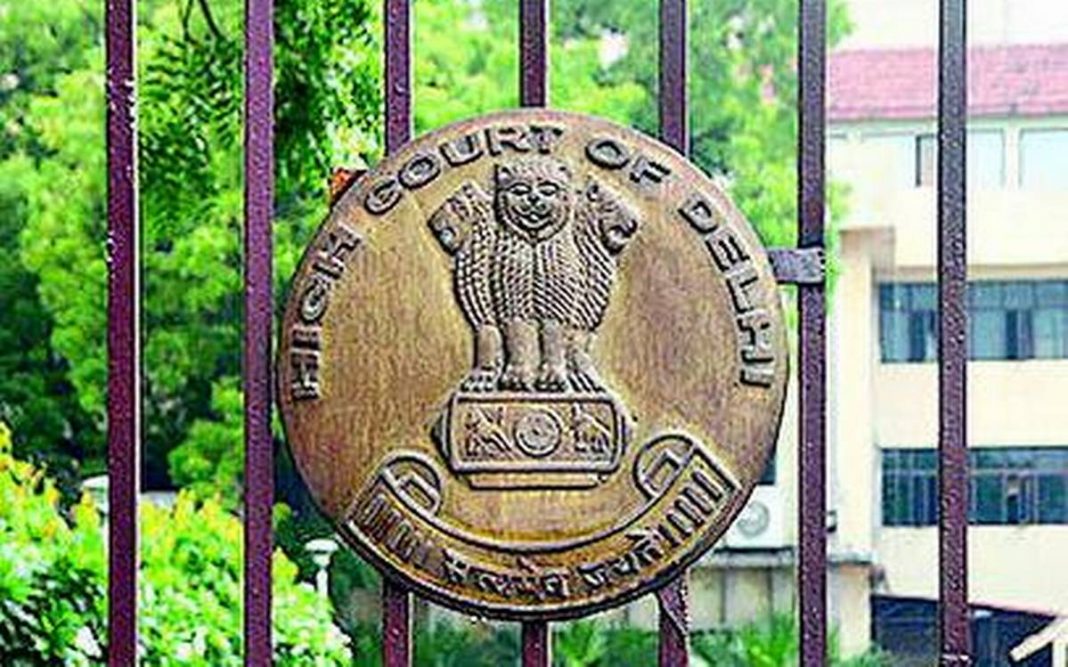The Delhi Police on Wednesday filed its reply in the petition moved by former Aam Aadmi Party Councillor Tahir Hussain, challenging the UAPA charges invoked against him in connection with the Delhi Riots larger conspiracy case in the Delhi High Court.
The counter affidavit was filed by P.S. Kushwaha, Deputy Commissioner of Police, Special Cell, New Delhi, through Advocates Amit Mahajan and Rajat Nair, stating that the issue relating to the validity of sanction for prosecution could have been considered only during trial.
According to the Affidavit, the present petition preferred by the petitioner (Tahir Hussain) is false, frivolous and vexatious. The petition is an abuse and misuse of the process of law. It has been filed on baseless, concocted and absurd facts and circumstances of the case. There is no cause of action in the present matter. The petition is absolutely misconceived, unmerited and being devoid of merits of the case. The petition is nothing, but an attempt to short circuit and stall the trial, stated the Delhi Police.
The Affidavit further said that the plea is not maintainable before the High Court as alternative remedy as contemplated under the statute – Unlawful Activities (Prevention) Act, 1967, read with the National Investigation Agency Act, 2008 is available to the petitioner and the petition is not maintainable and is in direct conflict with the judgments passed by a three Judge Bench of the Supreme Court in The Assistant Commissioner of State Tax and others versus Commercial Steel Limited bearing Civil Appeal No 5121/2021 dated November 3, 2021 and Radha Krishan Industries vs State of Himachal Pradesh & Ors 2021 (SCC OnLine SC 334).
“The validity of sanction order is a question of fact and therefore, should be left to be determined in the course of the trial and not in the exercise of writ jurisdiction either under Article 226/227 of the Constitution of India or Section 482 of the Code of Criminal Procedure, 1973,”
-the counter affidavit highlighted.
The Delhi Police stated in the reply that there is a distinction between absence of sanction and invalidity of sanction. Absence of sanction can be considered at the threshold, but invalidity of sanction cannot be determined and is to be considered at the stage of trial.
Also Read: Supreme Court holds Suraz India’s Rajiv Dahiya guilty of contempt of court
The Affidavit stated that invalidity of sanction, where the sanction order exists, can be raised on diverse grounds like non-availability of material before the sanctioning authority or bias of the sanctioning authority or the order of sanction having been passed by an authority not authorised or competent to grant such sanction. The above grounds are only illustrative and not exhaustive. All such grounds of invalidity or illegality of sanction would fall in the same category like the ground of invalidity of sanction on account of non-application of mind.
Further, the issue relating to the validity of sanction for prosecution could have been considered only during trial since essentially, the conclusion reached by the High Court is with regard to the defective sanction since according to the High Court, the procedure of providing opportunity for explanation was not followed, which will result in the sanction being defective, said the state police.
Tahir Hussain has been named as an accused in around 10 other FIRs filed by Delhi Police and in one complaint under money laundering charges being probed by the Enforcement Directorate (ED).


